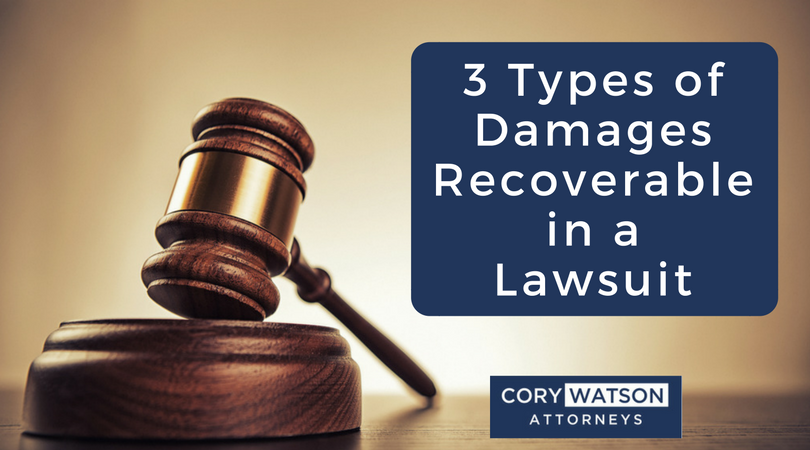
When you've been wronged or suffered harm due to someone else's actions, filing a personal injury lawsuit can be a way to seek justice and compensation. In legal terms, the compensation you may receive in a personal injury case is referred to as "damages." It's important to understand the different types of damages that may be available in a lawsuit.
Don't wait to reach out - contact us today!
